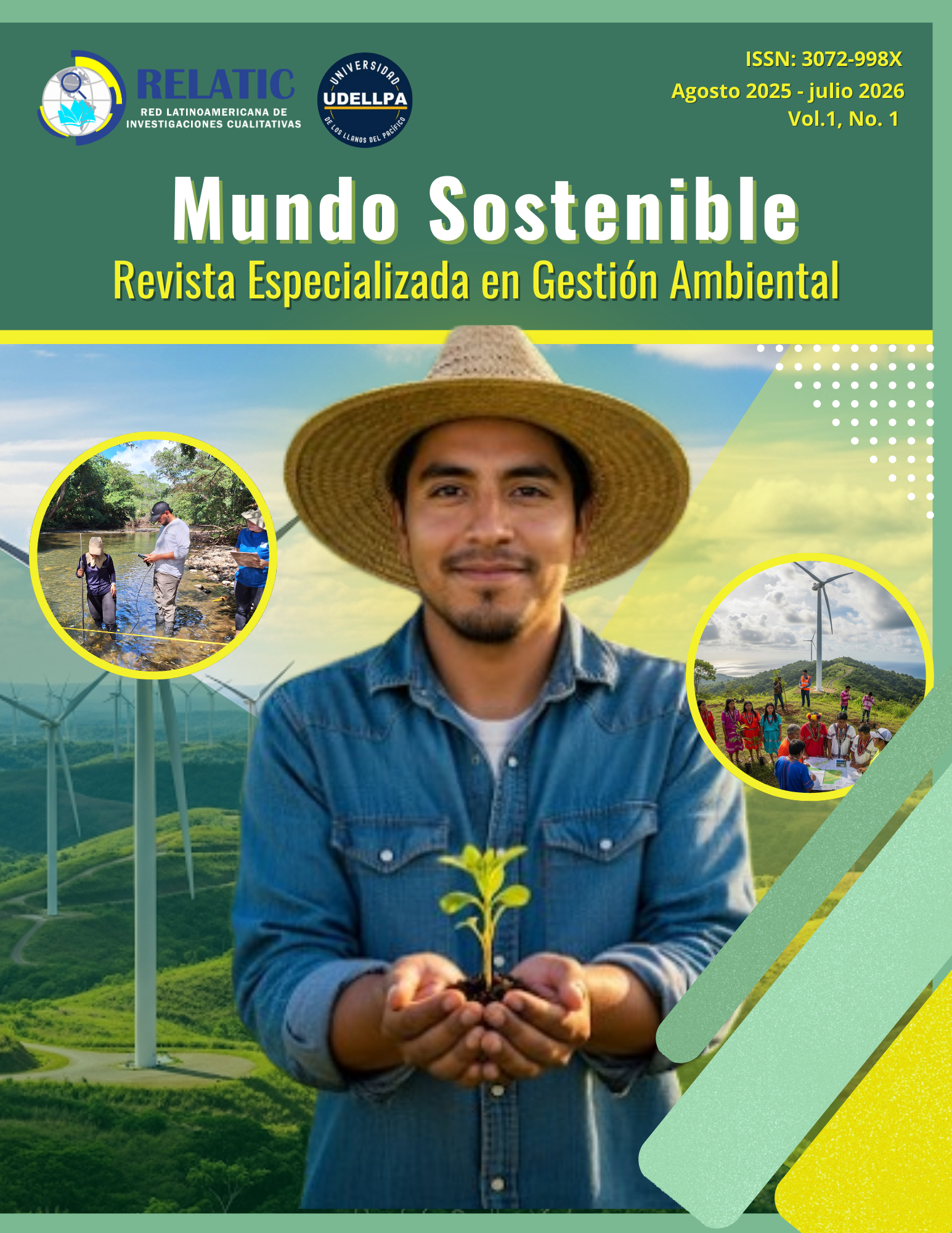Pet-friendly hotels in Panama inclusive tourism, animal hospitality, and the human-animal bond
Main Article Content
Abstract
Panama lacks research on pet-friendly hotel supply, although 64 % of households own at least one pet. This gap hinders the development of inclusive, wellness-oriented tourism centred on the human-animal bond. The general objective was to analyse the configuration of such supply and its potential as an inclusive tourism strategy. Using a qualitative-documentary approach, thematic content analysis was applied to 120 secondary sources (regulations, booking platforms and scientific literature) and a corpus of 38 formally pet-friendly lodgings was built. Four themes emerged: tangible hospitality, regulatory barriers, functional comfort and internal regulation. Main findings show a reduced supply (< 3 % of total registered), concentrated in Panama City, Boquete and Bocas; basic services (beds, bowls) in 68 % of cases, but only 24 % have veterinary agreements and 16 % clear signage; variable fees (0-75 USD/night) and absence of a national label. Regulatory ambiguity creates uncertainty for guests and managers. It is concluded that Panama can position itself as a pet-friendly destination by implementing a national label, training staff and linking urban dog infrastructure. The study provides the first empirical evidence for the country and a replicable model for the region.
Article Details
Section

This work is licensed under a Creative Commons Attribution-NonCommercial-ShareAlike 4.0 International License.


